Strategic autonomy is important
Discussing in groups, General Secretary To Lam continued to emphasize important contents on the economic development model. The General Secretary informed that the Politburo and the Central Committee will have a number of plans in the near future. Accordingly, they will push agencies to urgently issue resolutions on the state economy.
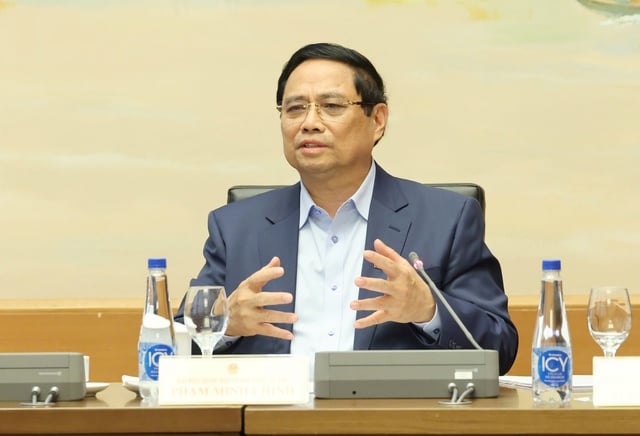
Prime Minister Pham Minh Chinh speaks at the discussion group.
PHOTO: GIA HAN
"The state economy plays a leading role. Capital belongs to the State, land belongs to the State, mineral resources also belong to the State, how can it not be leading?", the General Secretary emphasized and said that for a long time, there has been a lot of talk about developing the private economy and private enterprises, but that does not mean forgetting the state economy and state enterprises.
Next is the resolution on culture, after the resolutions on education and health. According to the plan, the two resolutions on state economy and culture must be completed by the end of the year.
Notably, the General Secretary also said that after the 14th Party Congress, major issues related to development will be discussed, including resolutions on the country's development model. Previously, we talked a lot about growth, but the country's development model must be comprehensive. This development model must be based on science, technology and innovation.
In addition, the resolution also outlined solutions to promote double-digit growth. The General Secretary suggested that it is necessary to comprehensively consider economic, financial, monetary and foreign investment factors. If double-digit growth is not achieved, it will be very difficult to complete the development target by 2030.
Regarding strategic autonomy, according to the General Secretary, this is a very important issue. According to the General Secretary, Vietnam is highly appreciated for its independence and self-reliance, not depending on anyone. "Vietnam is confident, self-reliant, self-reliant, self-reliant, and proud of its nation," General Secretary To Lam emphasized.
High growth is difficult but there is room to do so.
Giving his opinion on the discussion, Prime Minister Pham Minh Chinh emphasized the role of national unity in serving national interests and creating strength; and at the same time analyzed three strategic breakthroughs including infrastructure, human resources and institutions.
Regarding strategic infrastructure, the last term invested more than the previous term, focusing on building highways, roads and the upcoming North-South high-speed railway. Ministries, branches and localities need to be proactive in building institutions; for example, in the previous term, no locality was assigned to do the project, but now it has been assigned; in the past, they were hesitant but now they are confident to do it.
The Prime Minister also said that infrastructure requires huge investment, so not only the State (including the central and local levels) but also private resources need to be mobilized, and there must be public-private cooperation to develop. In parallel, decentralization must go hand in hand with resource allocation, strengthening supervision, inspection and improving enforcement capacity.
Regarding law-making, the Prime Minister emphasized that this is the driving force, resource and competitiveness of the economy; not only focusing on management but also changing the mindset associated with practice, not that if management cannot be achieved then a prohibition mechanism must be built. Citing the mechanism of designated bidding, the Prime Minister said that it is necessary to boldly implement it instead of bidding but in fact it is just legalization. The important thing is that designated bidding must be impartial, transparent, and officials dare to take responsibility for implementation.
Referring to the two-level local government, the Prime Minister assessed that the recent apparatus revolution had achieved success, contributing to the rearrangement of the country. However, with the previous three-level local government apparatus and the habits that have been formed for 80 years, it is impossible to immediately meet all the set goals. With the motto of not being perfectionist, not being hasty, but also not missing opportunities, the Prime Minister said that it is necessary to complete the functions, tasks and powers and from there form a suitable apparatus, associated with building job positions, arranging cadres and making appropriate policies.
Regarding promoting growth, the Prime Minister said that it is necessary to link it with the scale of the economy, sustainable development, macroeconomic stability, inflation control, ensuring major balances of the economy, debt repayment, revenue must be sufficient to cover expenditures, etc. Citing research practices from Korea, Japan, Singapore, etc., the Prime Minister affirmed that there needs to be a breakthrough in growth, linking fast and sustainable growth, to shorten the gap and ensure two strategic goals.
Acknowledging that setting a high growth target is very difficult, the Prime Minister affirmed that we have room to do it. "Despite the pressure, we still have to set it to do it. The more pressure our people have, the more effort they make; the more difficult it is, the more innovative they come up with. If we are satisfied with an average growth rate of 6-7%, then we can take it a little more slowly. But setting a growth target of 8% or more is creating pressure for us to make efforts together," the Prime Minister emphasized.
Creating momentum to break through and escape the middle-income trap
According to Deputy Nguyen Thanh Trung (Lao Cai delegation), the transformation of the economic model will create a breakthrough momentum for Vietnam to escape the middle-income trap and achieve the goal of becoming a developed country. Specifically, the combination of science and technology, innovation, digital transformation and economic restructuring will help improve productivity, quality, efficiency, added value and competitiveness of the economy, creating new production capacity and production methods with higher quality.
Deputy Trung proposed focusing on three main groups of solutions: perfecting institutions and the legal environment, considering institutions as the "biggest bottleneck" that needs to be resolved. It is necessary to build flexible, specific institutions for science, technology and innovation, and at the same time pilot mechanisms for new economic models such as artificial intelligence (AI), digital economy, green economy, and circular economy. At the same time, create an open legal corridor, encourage "dare to think, dare to do, dare to innovate" and accept risks and failures in applied research, especially in the public sector and state-owned enterprises.
On the morning of November 4, Prime Minister Pham Minh Chinh chaired a special Government meeting on 8 decrees guiding the implementation of Resolution No. 222/2025/QH15 of the National Assembly on the International Financial Center in Vietnam. In the afternoon of the same day, the Prime Minister chaired the 20th meeting of the National Steering Committee on combating illegal, unreported and unregulated (IUU) fishing. Also attending was Deputy Prime Minister Tran Hong Ha, Head of the Steering Committee. The meeting was broadcast live to 21 coastal provinces and cities.
VNA
Source: https://thanhnien.vn/hoan-thien-the-che-xac-lap-mo-hinh-tang-truong-moi-185251105000956602.htm


![[Photo] Panorama of the Patriotic Emulation Congress of Nhan Dan Newspaper for the period 2025-2030](https://vphoto.vietnam.vn/thumb/1200x675/vietnam/resource/IMAGE/2025/11/04/1762252775462_ndo_br_dhthiduayeuncbaond-6125-jpg.webp)

![[Photo] Opening of the 14th Conference of the 13th Party Central Committee](https://vphoto.vietnam.vn/thumb/1200x675/vietnam/resource/IMAGE/2025/11/05/1762310995216_a5-bnd-5742-5255-jpg.webp)
![[Photo] The road connecting Dong Nai with Ho Chi Minh City is still unfinished after 5 years of construction.](https://vphoto.vietnam.vn/thumb/1200x675/vietnam/resource/IMAGE/2025/11/04/1762241675985_ndo_br_dji-20251104104418-0635-d-resize-1295-jpg.webp)


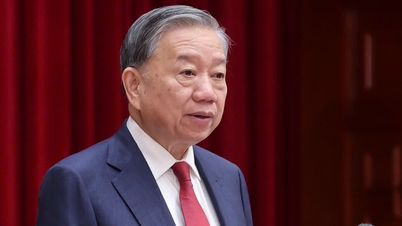
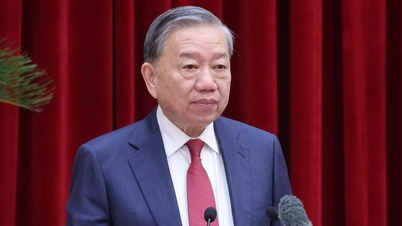

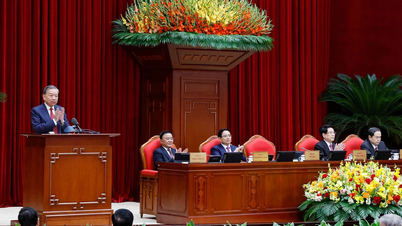

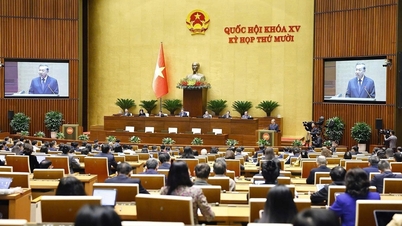
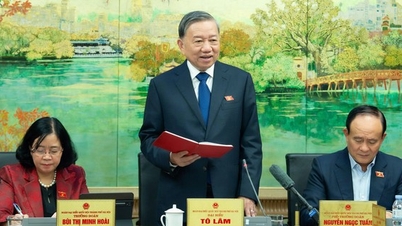




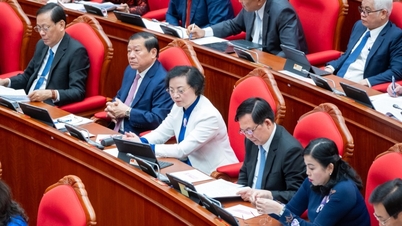
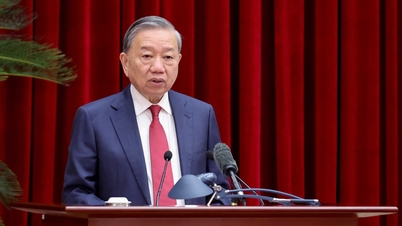

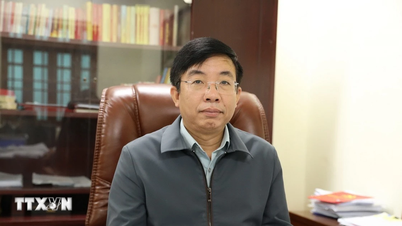
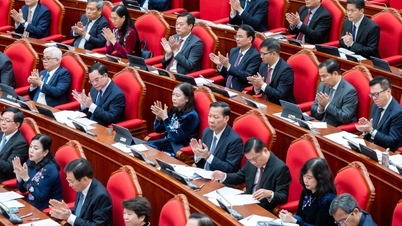





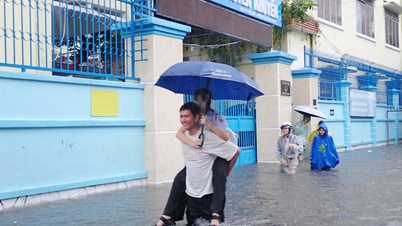





















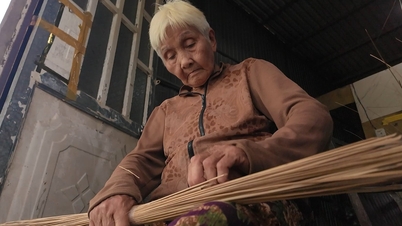













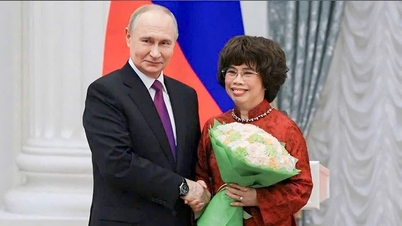


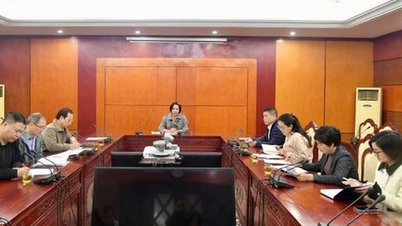

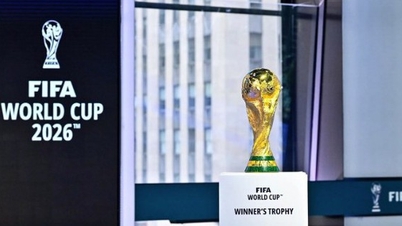
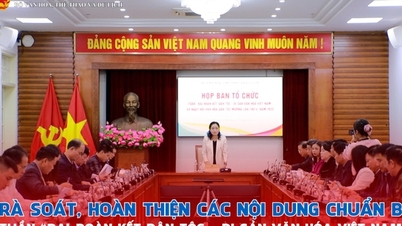









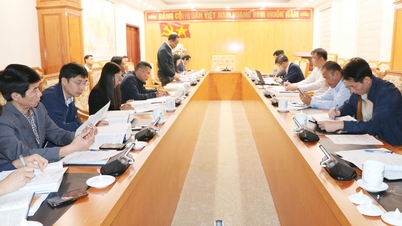
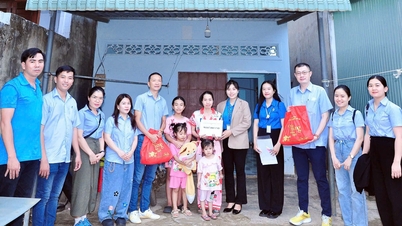

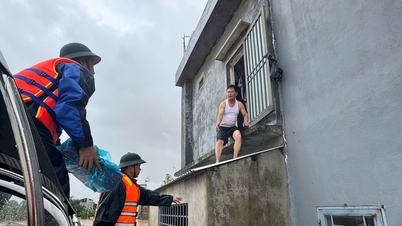












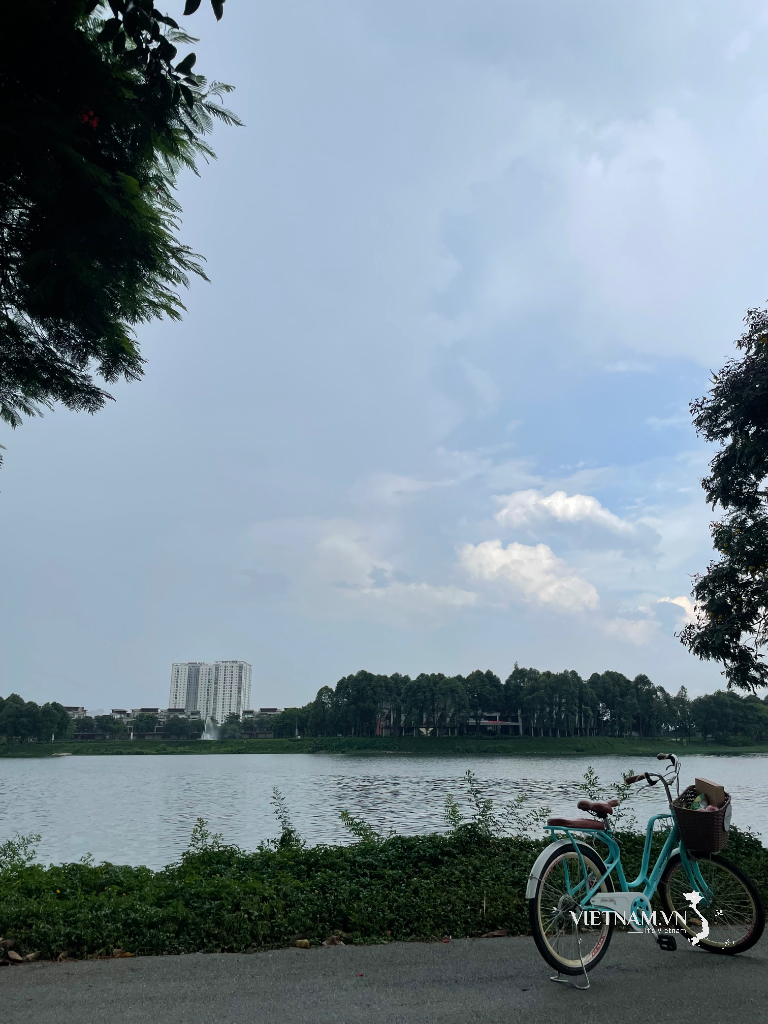


Comment (0)